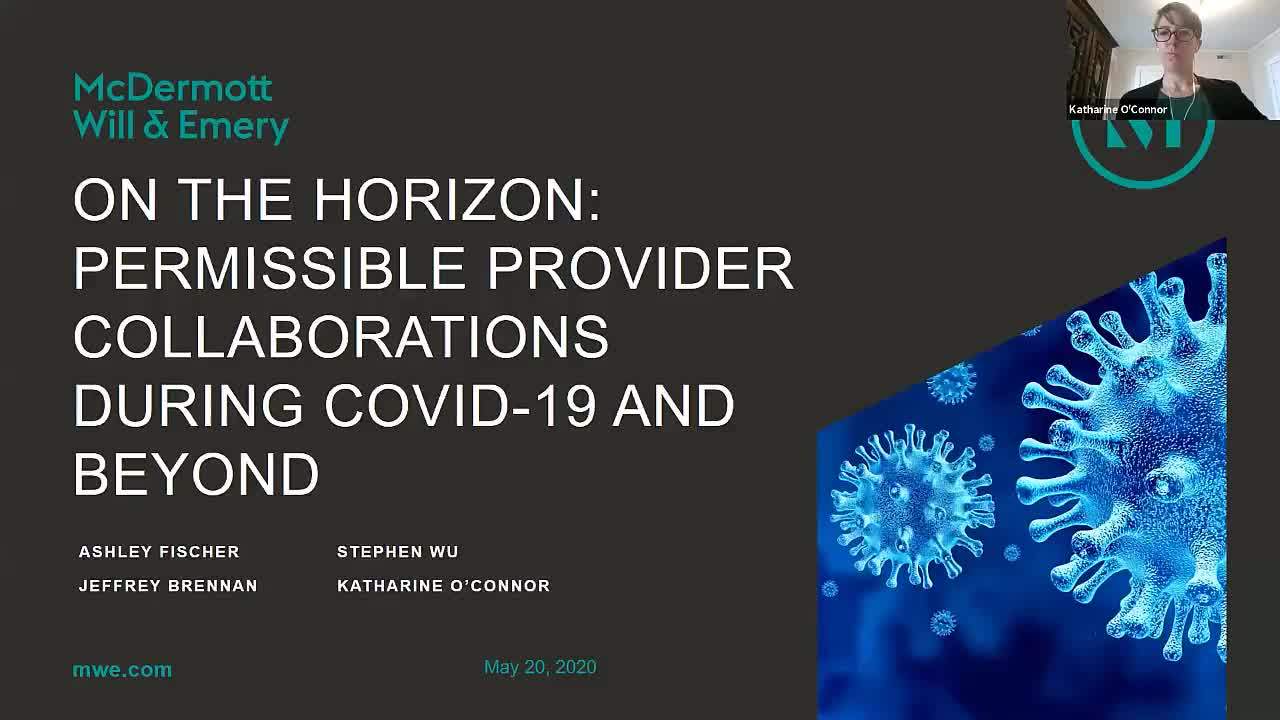Continuing the recent string of actions across the Biden administration in response to the July 2021 Executive Order on “Promoting Competition in the American Economy,” on March 7, 2022, the US Treasury Department (Treasury) released a report titled “The State of Labor Market Competition,” and on March 10, 2022, the US Departments of Justice (DOJ) and Labor (DOL) announced a Memorandum of Understanding (MOU) to strengthen and coordinate enforcement efforts in labor markets. These developments highlight the administration’s continuing focus on anticompetitive conduct in the labor markets at both the local and national levels and warrant careful attention by employers of all sizes and in all industries.
Treasury Report In Depth
- Treasury’s report sets out to “summarize the prevalence and impact of uncompetitive firm behavior in labor markets.”
- It focuses on both inter-employer conduct—such as the sharing of wage information, entering into no-poach agreements and outright conspiracies to fix wages—and employer-employee conduct—like forcing workers to sign non-compete agreements, mandatory arbitration agreements and class action waivers, misclassification of employees as independent contractors and opacity surrounding employees’ compensation rates—as being potentially anticompetitive and contributing to the imbalance of power between employers and employees in labor markets.
- The structures of various labor markets, including overall low rates of unionization, “fissuring” of workplaces as a wide variety of job functions (e.g., janitorial or food services) are outsourced from in-house employees to external contractors, and occupational licensing requirements imposed by federal, state, and/or local governments, are highlighted as having overall negative effects on the competitiveness of various labor markets.
- The report estimates that employers’ market power is responsible for approximately 20% lower wages compared to a fully competitive labor market, and notes that the harms that flow from a lack of labor market competition disproportionately impact lower-income occupations, women and people of color.
- The report concludes by emphasizing that adverse effects on workers as a result of limited competition in labor markets have broader effects on the labor markets, the firms that participate in them and the economy as a whole.
- Finally, the report specifically examines the labor markets in the healthcare, agricultural and minor-league baseball industries, and it outlines the Biden administration’s efforts to increase competition and deter and punish anticompetitive conduct in labor markets across the country.
The Memorandum of Understanding (MOU)
- The DOJ and DOL’s MOU likewise emphasizes the shared “interest in protecting workers who have been harmed or may be at risk of being harmed as a result of anticompetitive conduct,” as Assistant Attorney General Jonathan Kanter noted in the joint press release announcing the MOU, “[p]rotecting the right of workers to earn a fair wage is core to the work of both our agencies, and it will continue to receive extraordinary vigilance from the Antitrust Division.”
- The MOU states the DOJ’s and DOL’s intent to “share enforcement information, collaborate on new policies, and ensure that workers are protected from collusion and unlawful employer behavior.” [...]
Continue Reading
read more

 Subscribe
Subscribe

